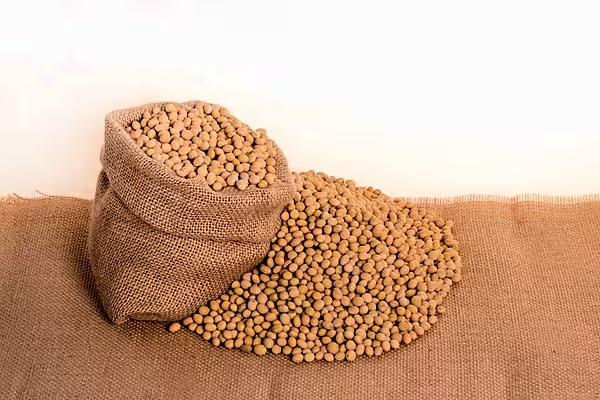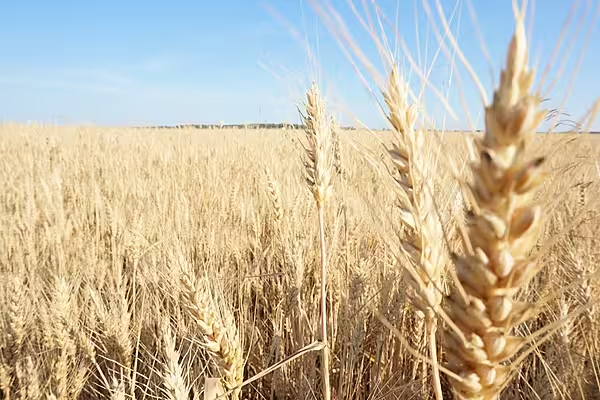China's soybean imports fell in August from the same month a year ago, customs data showed on Tuesday, as low crushing margins and high international bean prices weighed on demand.
China, the world's top buyer of soybeans, brought in 9.49 million tonnes of the oilseed in August, slightly down from 9.6 million tonnes a year ago, data from the General Administration of Customs showed.
Crushers ramped up purchases of soybeans in the early months of the year on expectation of strong demand from a fast recovering pig herd. Shipments slowed more recently, however, as falling hog prices pushed down demand.
August imports were up 9.5% from 8.67 million tonnes in July, according to the data.
Soybean Crush Margins
Soybean crush margins in China have climbed from record low levels in June but still remain under pressure due to flat demand and the high cost of imports.
Chinese crushers bring in soybeans to crush into soymeal to feed the massive livestock sector and provide cooking oil.
Crushers in Rizhao, Shandong province, a major soybean processing hub in northern China would lose about 80 yuan ($12.40) for each tonne of soybean processed as of Monday.
China's hog margins have plummeted since the start of the year and stayed at low levels on tumbling pork prices. Margins in Sichuan, a top producer in China, were at negative 200 yuan.
Chicago Board of Trade soybeans prices, on the other hand, have risen more than 30% from the previous year.
Demand for soymeal usually picks up in late August and September as farmers fatten pigs to prepare for upcoming festivals and winter.
However, soybean shipments in the next few months are not expected to spike as China built up ample supplies earlier in the year, while hog margins should remain low, traders said.
Meat Imports
China imported 758,000 tonnes of meat in August, down 8.9% from the corresponding month a year ago, customs data showed on Tuesday, as weak domestic pork prices weighed on demand for imports.
China has imported 6.69 million tonnes of meat for the first eight months of the year, up 1.7% on last year's volumes, according to the General Administration of Customs.
August imports were also lower than July's figure of 854,000 tonnes.
Domestic pork prices have plunged this year, after production surged on efforts to restock and expand farms following an African swine fever epidemic that decimated herds during 2018 and 2019.
With small farmers losing an average 665 yuan ($103.04) per hog during June, according to agriculture ministry data, the government stepped in to prop up prices, buying up pork for its reserves.
Prices slumped again last month, however, and are currently at 18.7 yuan per kilogram, less than half what they were a year ago.
Beijing said on Monday several provinces have made new purchases for reserves while others are planning to buy pork in the coming months to further support producers.
News by Reuters, edited by ESM. For more Supply Chain news, click here. Click subscribe to sign up to ESM: European Supermarket Magazine.














